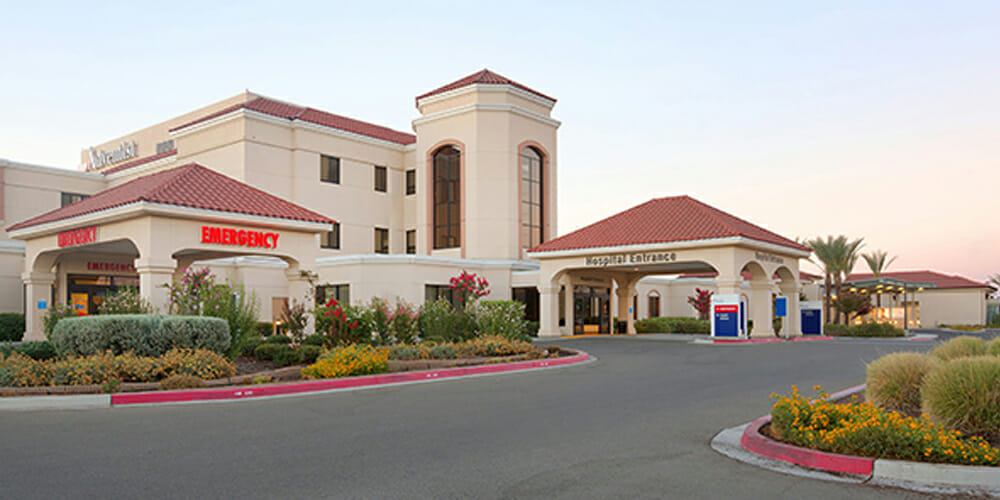“It’s all about saving lives,” say U.S.-based Adventist Health Hanford professionals.

Every day, more than 130 people in the United States die after overdosing on opioids, including prescription opioids, heroin, and illicitly manufactured fentanyl — a powerful synthetic opioid — according to the United States Department of Health and Human Services (DHHS). The addiction is also known to bring instability and chaos to entire families.
To help combat opioid usage in Kings County and surrounding areas, Adventist Health Hanford in Hanford, California, applied for and received a US$175,000 grant from the California Bridge Program to provide access to around-the-clock treatment for substance use disorders.
“This grant will establish a seamless process for providing patients with opioid use disorder, who want to stop using opioids or heroin, the treatment, and support they need,” said John Zweifler, medical director for clinical integration and graduate medical education for Adventist Health services in California’s Central Valley. Zweifler also serves as the primary care clinical champion for the grant.
Treatment includes administering a dose of the medication buprenorphine to ease severe symptoms of withdrawal before patients leave the emergency department. This support bridges the patient to Adventist Health’s medical offices for follow-up care.
Studies show that patients who receive the option of addiction treatment medication are more likely to remain in care than those who are simply referred to an addiction treatment program on their own.
“By suppressing withdrawal long enough to create a bridge for patients to enter and remain in treatment, physicians can save lives,” said Andrew Herring, director of Emergency Department Services for the Bridge program. “We know this model works, and now we are bringing it to hospitals and emergency rooms all across the state that are anxious for real solutions to address the enormous pain and suffering they see every day caused by the opioid epidemic.”
Only 31 out of the 80 emergency departments in California that applied for the grant received funding. Grant money has helped Adventist Health to identify a physician champion (in this case, Marc Lasher, addiction medicine specialist) to train and consult with emergency department physicians and staff on how to identify and treat patients with an overdose or addiction disorder. It has also helped to identify a department champion and the appointment of an acting substance abuse coordinator to provide extra care and attention to patients, and to assure follow-up care and provide technical assistance (telehealth) to improve and increase access to facility-wide treatment and referral of acute symptoms of substance abuse disorders.
“Having such a well-established process will help eliminate the barriers we face in getting people facing addiction into treatment so that they can move forward with their lives,” Lasher said. “Instead of referring people to a treatment program, we’re treating them right there in the emergency room and scheduling them for follow-up care.”
About Adventist Health
Adventist Health in the Central Valley is part of Adventist Health, a faith-based, non-profit integrated health system serving more than 80 communities on the West Coast of the United States and Hawaii. Founded on Seventh-day Adventist heritage and values, Adventist Health provides care in hospitals, clinics, home care agencies, hospice agencies, and joint-venture retirement centers in both rural and urban communities.
“Our compassionate and talented team of 35,000 includes associates, medical staff physicians, allied health professionals, and volunteers driven in pursuit of one mission: living God’s love by inspiring health, wholeness, and hope,” the Adventist Health site states. “Together, we are transforming the American healthcare experience with an innovative, yet timeless, whole-person focus on physical, mental, spiritual and social healing.”
The original version of this story was posted on the Adventist Health blog and news site.








